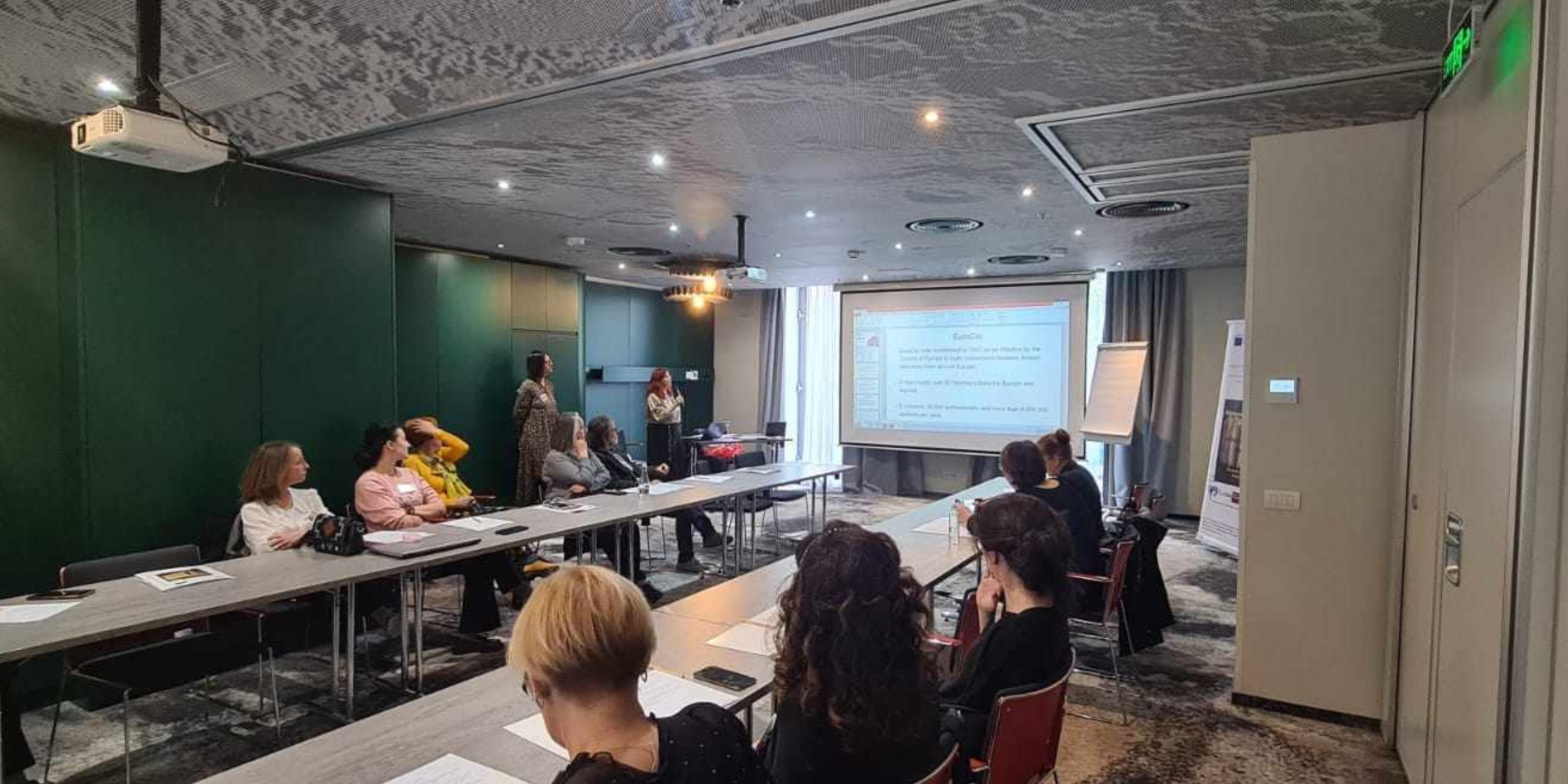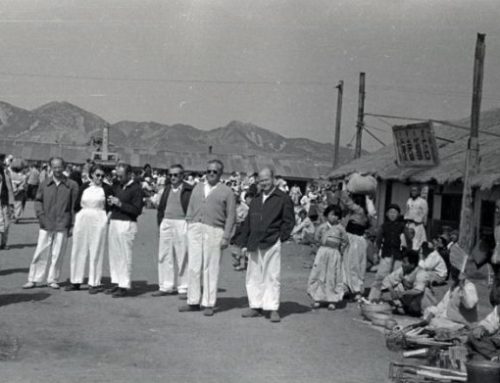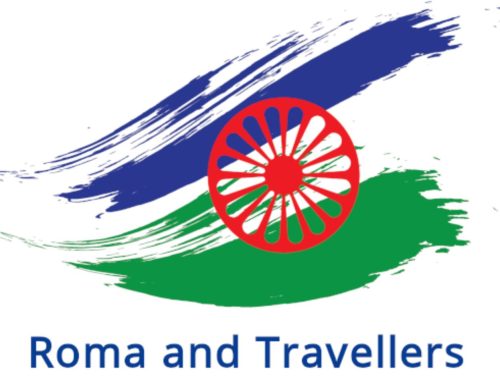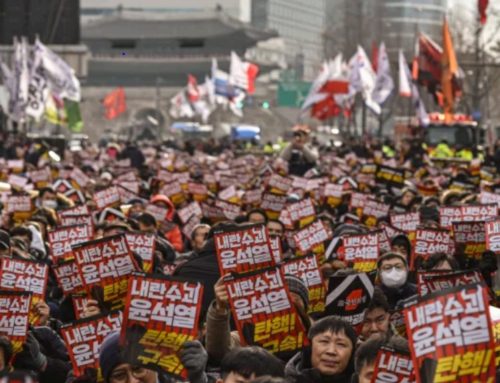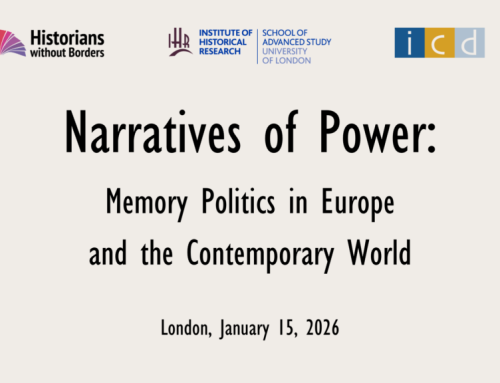The Society of Historical Sciences from Romania hosted one of the six regional events organised with the support of EuroClio, Evens Foundation and co-funded by the EU to promote common European memory and research of moments of history, as well as raising citizens’ awareness of the cultural heritage. On November 3rd, 2023, the Society of Historical Sciences from Romania in cooperation with UDI Euroclio Serbia organized a Seminar in Bucharest, Romania, to familiarize teachers from participating countries (Albania, Republic of Moldova, Romania, and Serbia), with new ways of teaching History in order to promote the respect for the memory of the past and to enable students to cope with historical events whose significance has changed over time. Through this project the organizers aimed at the collaboration between specialists in the field of History on topics of common interest in order to develop the necessary skills for history teachers to adapt their teaching approach with the help of digital tools and to enhance cultural heritage and European memory. Participants interacted in working groups, developing collaboration and communication skills, while sharing different experiences from the communist past in Albania, Romania, Serbia, and the Republic of Moldova. 25 participants were present at the seminar live, and another 5 participants from the participating countries followed the conference online.
The theme of the meeting was related to the culture of remembrance of the communist period and the challenges teachers face in teaching this subject nowadays. Participants were engaged in discussions and interactive activities in order to identify new ways to make history connected to recent events, to explain to what extent past events affected the lives of ancestors and how they were perceived by contemporaries. Also, another issue discussed was how we can introduce the culture of memory of the past into the classroom without being distorted by manipulation, propaganda, and fake news.
The presentation of Prof. Carol Căpiță, President of the Society of Historical Sciences from Romania, was about the impact of the distortion of History and manipulation, propaganda, and disinformation in History. Throughout the presentation he showed the importance of the role of the historian who presents his own view of events. By means of historical analysis, the historian turns past events into historical facts, and includes them into personal interpretations of what and how past events happened. In order not to be subject to human error and subjectivity, the solution is source analysis by teachers and students. A special focus of the presentation was the didactic use of visual sources, and how to debunk propaganda and manipulation through the use of such teaching materials. Dr. Laura Căpiță (The Research Unit of the National Centre for Educational Policies and Assessment) analysed the results of the PISA tests. Drawing attention to the increasingly weak student results, she made the point that it is necessary to strengthen the students’ competencies related to critical thinking and proper reading and understanding of the text, and that students can also practice these competencies in history classes by using and analysis of historical sources. Increasing literacy through the use of historical sources might prove to be a significant instrument in developing specific cross-subject competences.
Edlir Dervishi, the representative of the Albanian Association of History Teachers, presented to the participants the controversies related to the communist period of Albanian history, using a presentation focusing on “The rise and fall of a dictator, the case of Enver Hoxha”.
The authors of the project, Cristina Gila from Romania, and Vesna Kostic from Serbia, organized the workshop How to be a Sherlock in the digital age? The participants analysed the materials with examples of fake news, misinformation, and disinformation and they had to find out what was wrong in them. It was also emphasized that similar sources are easily accessible to students and that teacher control is necessary in evaluating such materials.
Participants were familiarized with the EuroClio and Evens Foundation materials, which they used in another workshop connected with European memory. The second workshop started with a short survey through the Menti application in which the participants expressed their opinions about European remembrance and what is common for all. The participants were divided into several groups: 1. Heritage of the past, 2. Censorship, 3. Cult of personality, 4. Propaganda of the regime, 5. Role and position of other institutions in society. The material for the workshop was also posted on Padlet: https://padlet.com/ducic_istorija/materials-for-groups-journal-of-european-memory-wgug0py11el7kszl.
All materials for the groups were primarily related to the communist period in the participating countries. The goal was to have each group of participants write a lesson plan based on the provided materials, but also on sources that they could find on their own. Representatives of each group presented their ideas and lesson plans related with the topic of their group. It was supposed to be the starting point for writing a new lesson plan after the conference. The plan should be in accordance with the topic of the conference, but also with the curriculum of the country where the participant is from. After the conference, it is planned that the collection of papers will consist of lesson plans that the participants will submit in order to establish long-term cooperation between the participants.
The evaluation of the meeting showed that the conference topics and practical work were needed by the teachers and that the exchange of experiences enriched the knowledge of all participants.
Participants fully agreed and concluded that ICT applications are very interesting in the teaching process, especially in what concerns collaborative projects between teachers and students, but also among the students themselves. Teachers should therefore constantly improve their ICT skills, in order to successfully avoid problems with fake news that may occur when working with students on digital sources.
Authors: Cristina Gila, Carol Căpiță, Vesna Kostic.

